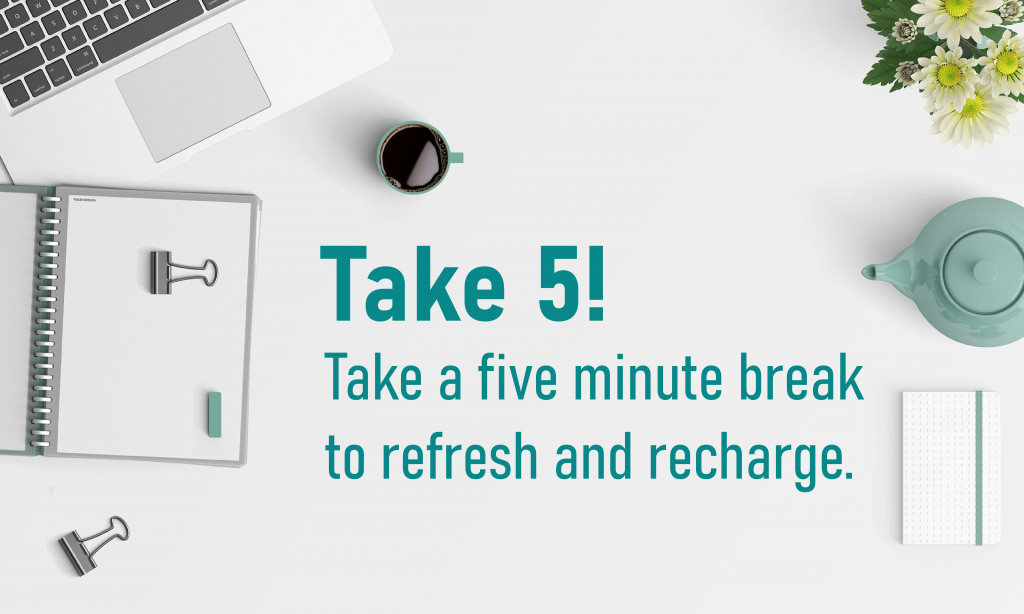Part 1 of 3: Understand the importance of first impressions
At this stage of your enrolment (depending on when you have accessed this resource), it is possible that you have a pre-placement interview scheduled soon, or have already met one or more agency representatives as part of initial conversations. Some of you may have already started your placement and will be introduced to other colleagues and clients over the next few days. These interactions will contribute to the impression that you make on others and will therefore influence your working relationships.
This is also the time to remember that forming beneficial working relationships as a human services practitioner is not restricted to clients and extends to co-workers and stakeholders as well (Sommers-Flanagan & Sommers-Flanagan, 2017). Therefore, it is important that you think carefully about the kind of first impression you want to make. This is because first impressions can have lasting effects. In fact, research suggests that a negative first impression is hard to recover from and may persist throughout your placement despite satisfactory performance (Schaller, 2008). Elements such as being professionally dressed and being on time are critical to create a positive first impression (Gamble & Gamble, 2013).
The research conducted for the development of this resource indicated that for Human Services, interpersonal skills are at the heart of building rapport and relationships. Interpersonal skills (or terms such as interactive skills, people skills, face-to-face skills or social skills) refer to one’s ability to understand and deal with the social interaction dynamics (Hayes, 2003). Examples include negotiation, effective communication (both verbal and non-verbal), leadership, and training and development skills. People that demonstrate high levels of competence in interpersonal skills tend to work well with other people (including in formal/informal settings as well as team/group settings). You will need to engage these skills from the very first contact at your host organisation to create positive first impressions and develop effective working relationships (Chenoweth & McAuliffe, 2015).
The next part of this resource focusses on two video-based reflection activities that will enable you to learn about interpersonal skills required for placement and how these skills enhance your employability now and in the future.
![]()
![]()
Activity 1.1.1 – Engagement Session with Q&A
First, watch the following video where the Employability Lead of the School of Health and Wellbeing (Ms Lee Kolbe-Masher) and the Program Director of Human Services (Dr Aastha Malhotra) at the University of Southern Queensland talk about the role of interpersonal skills and how students can reflect/develop their own skills.
Consider the following questions as you watch the video:
- Why are interpersonal skills critical for the helping professions? Give at least one example mentioned in the video. Can you think of others?
- Why and how are professional placements a good opportunity to gain insight into your own skills? Give one example of how you may be able to gain more insight into your own skills.
- Lastly, how can you as a student take ownership of your learning?
Activity 1.1.2 – Video with Q&A
By now you would have realised that communication is one of the most important aspects of interpersonal skills. The ways in which people communicate however can vary A LOT! This difference is what contributes to communication being deemed effective or ineffective. Take a few minutes to watch the following TED talk by Amy Scott.
Consider the following questions as you watch the video:
- What is the single biggest illusion about communication mentioned in the video? Do you agree or disagree? Have you ever been caught in this illusion?
- What according to the speaker Amy Scott are the four main ways that people process information? What does this imply for people communicating?
- What does the speaker mean by “getting onto someone’s wavelength”? Why is it relevant for your placement (and future employability)?



